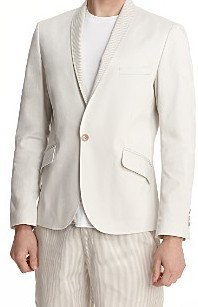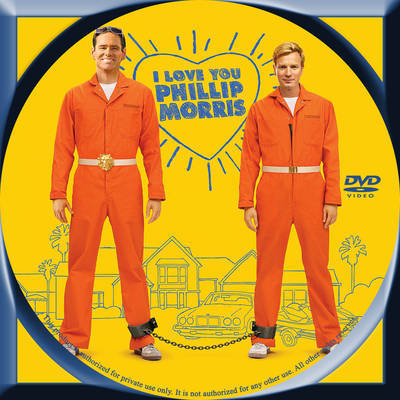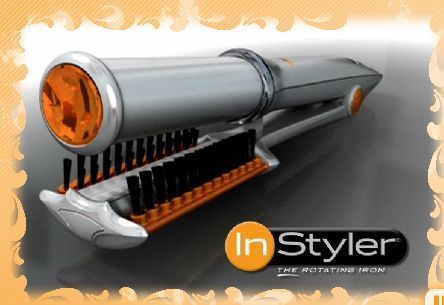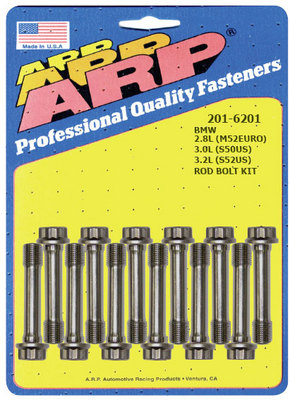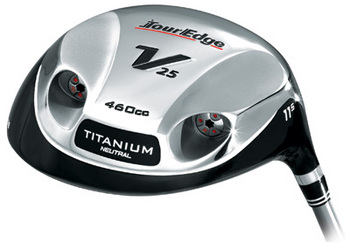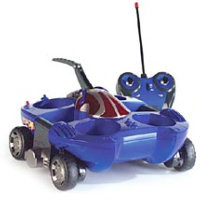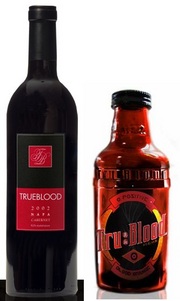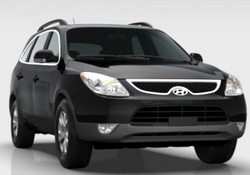 The Ninth Circuit affirmed (copy here) the district court’s trademark infringement ruling in favor of Volkswagon by denying Auto Gold’s “first sale” defense. Auto Gold purchased genuine VW badges from Volkswagon and then mounted the badges on its marquee license plates, which were sold to Auto Gold’s customers.
The Ninth Circuit affirmed (copy here) the district court’s trademark infringement ruling in favor of Volkswagon by denying Auto Gold’s “first sale” defense. Auto Gold purchased genuine VW badges from Volkswagon and then mounted the badges on its marquee license plates, which were sold to Auto Gold’s customers.
Despite Auto Gold’s prominent disclaimer on its packaging that the marquee plate was not manufactured by VW, the Court held that “the ‘first sale’ doctrine does not provide a defense because the plates create a likelihood of confusion as to their origin. We do not base our holding on a likelihood of confusion among purchasers of the plates. Rather, we base it on the likelihood of post-purchase confusion among observers who see the plates on purchasers’ cars.”
The Court relied on refurbishment cases where purchasers of refurbished products with non-genuine parts, e.g. Rolex, were purchasing the product for the “Rolex” trademark displayed to others who did not know that the product was re-furbished. Rolex Watch, U.S.A., Inc. v. Michel Co., 179 F.3d 704 (9th Cir. 1999). Further, the Court ruled that three-year statue of limitations applied to the laches defense. Au-Tomotive Gold, Inc. v. Volkswagen of America, Inc., No. 08-16005 (9th Cir. 2010).
 Los Angeles Intellectual Property Trademark Attorney Blog
Los Angeles Intellectual Property Trademark Attorney Blog



